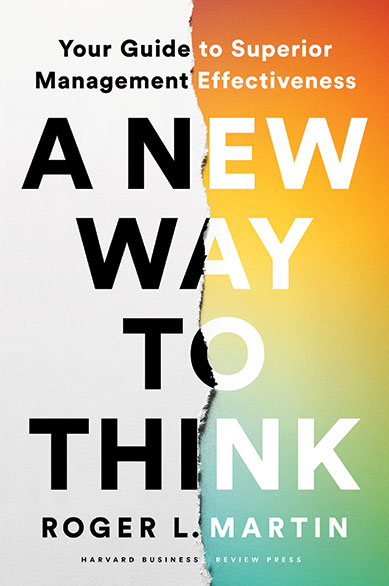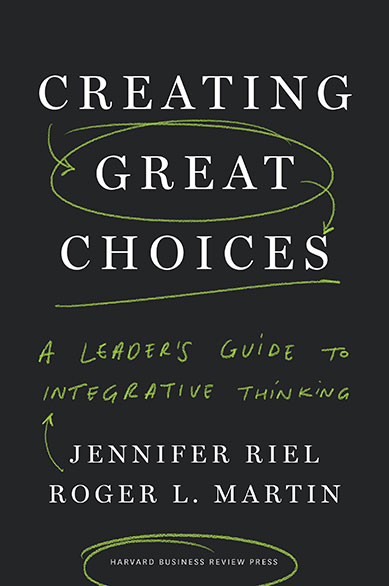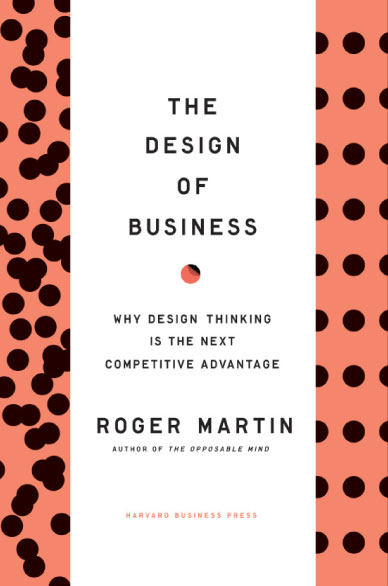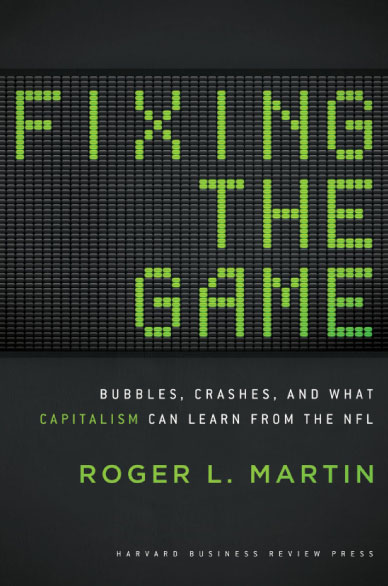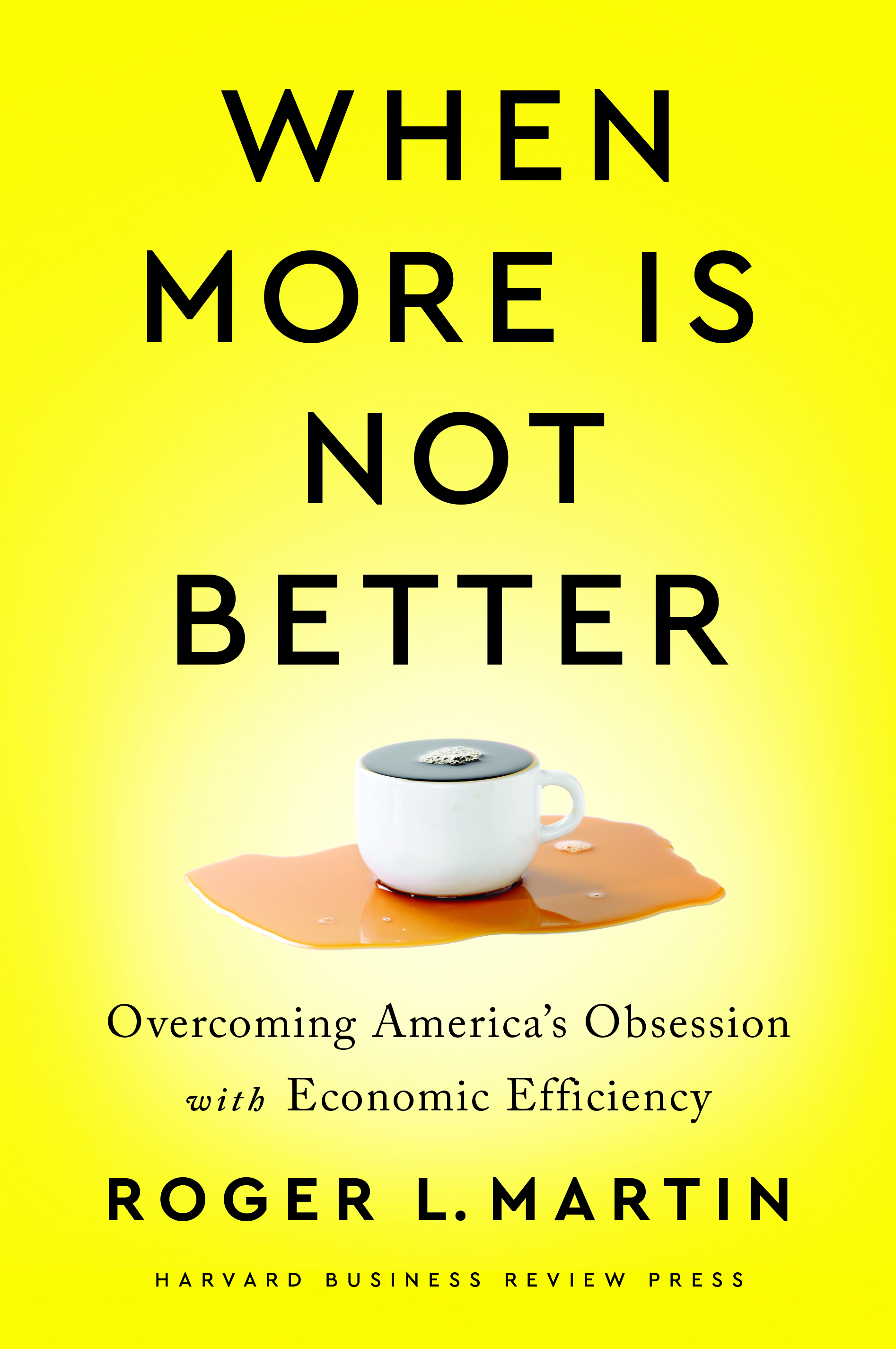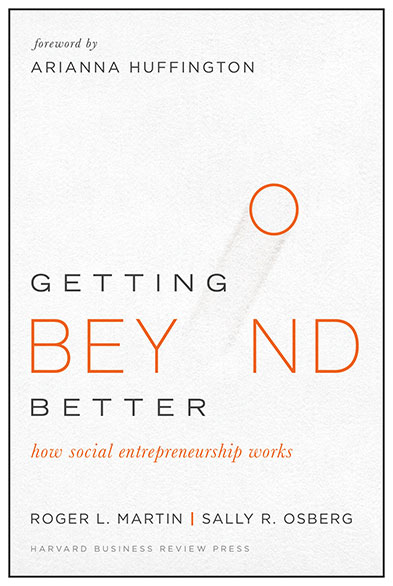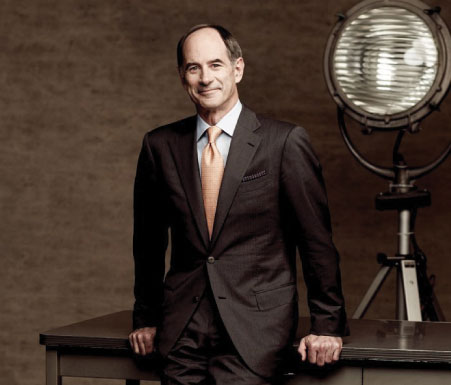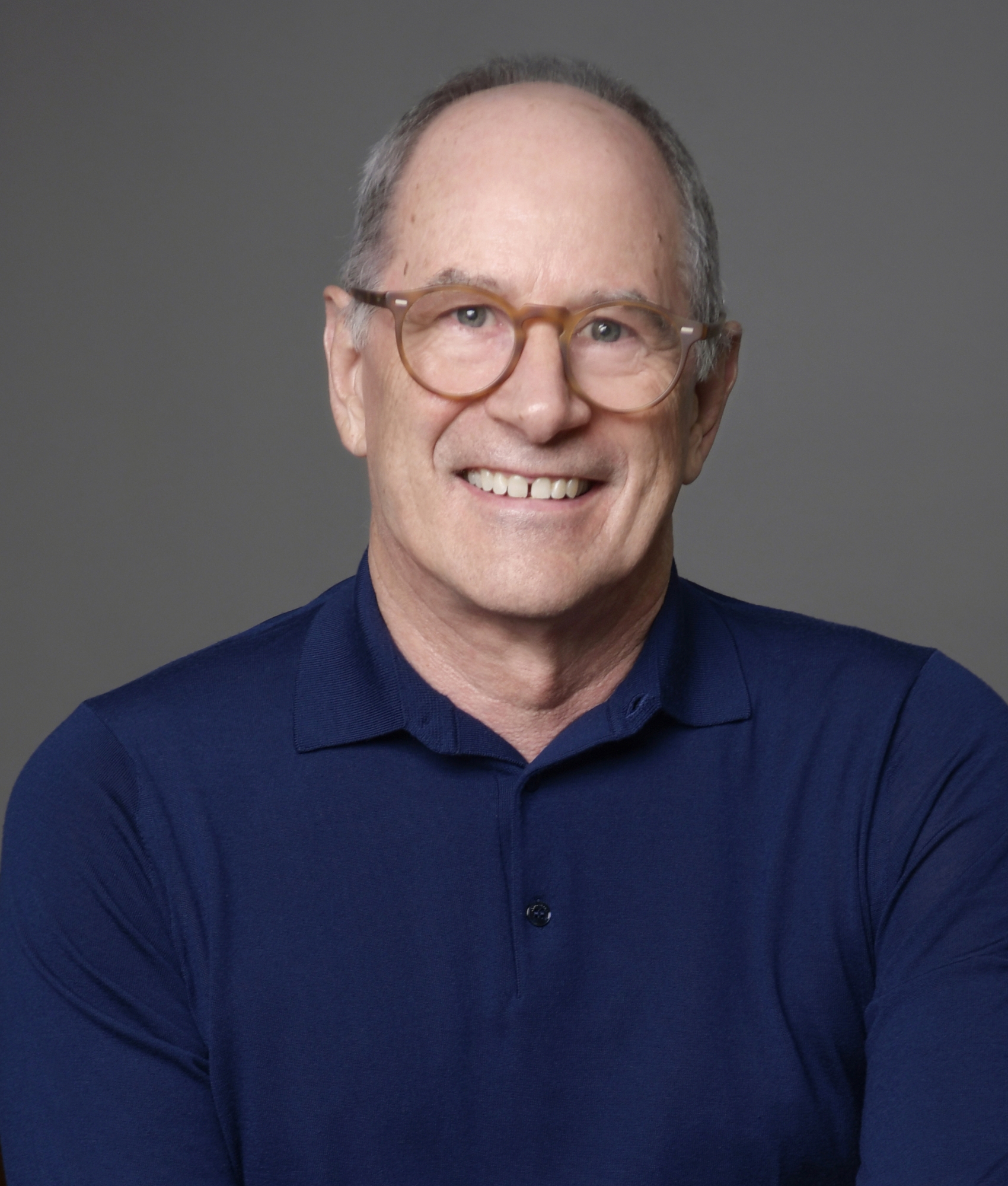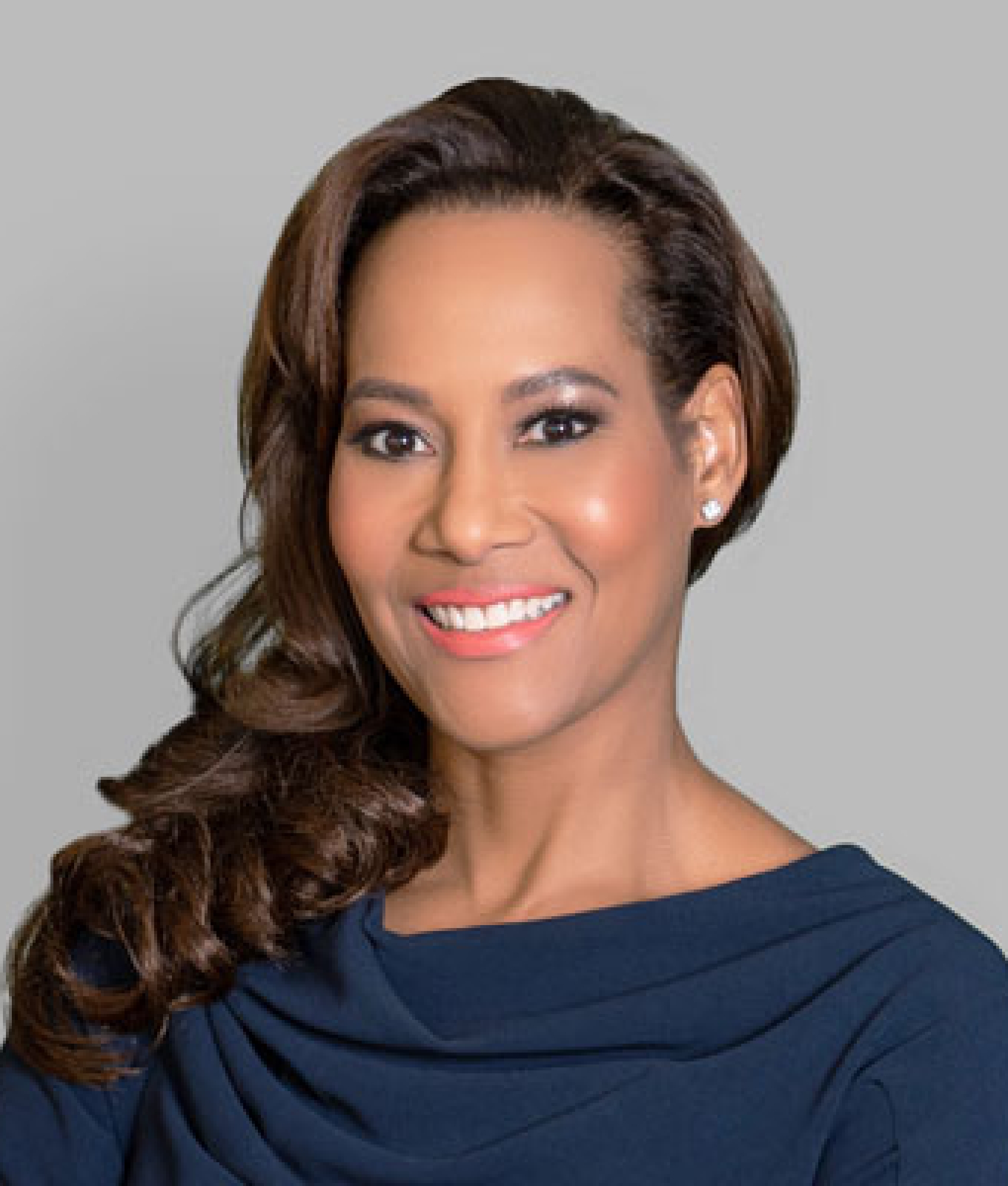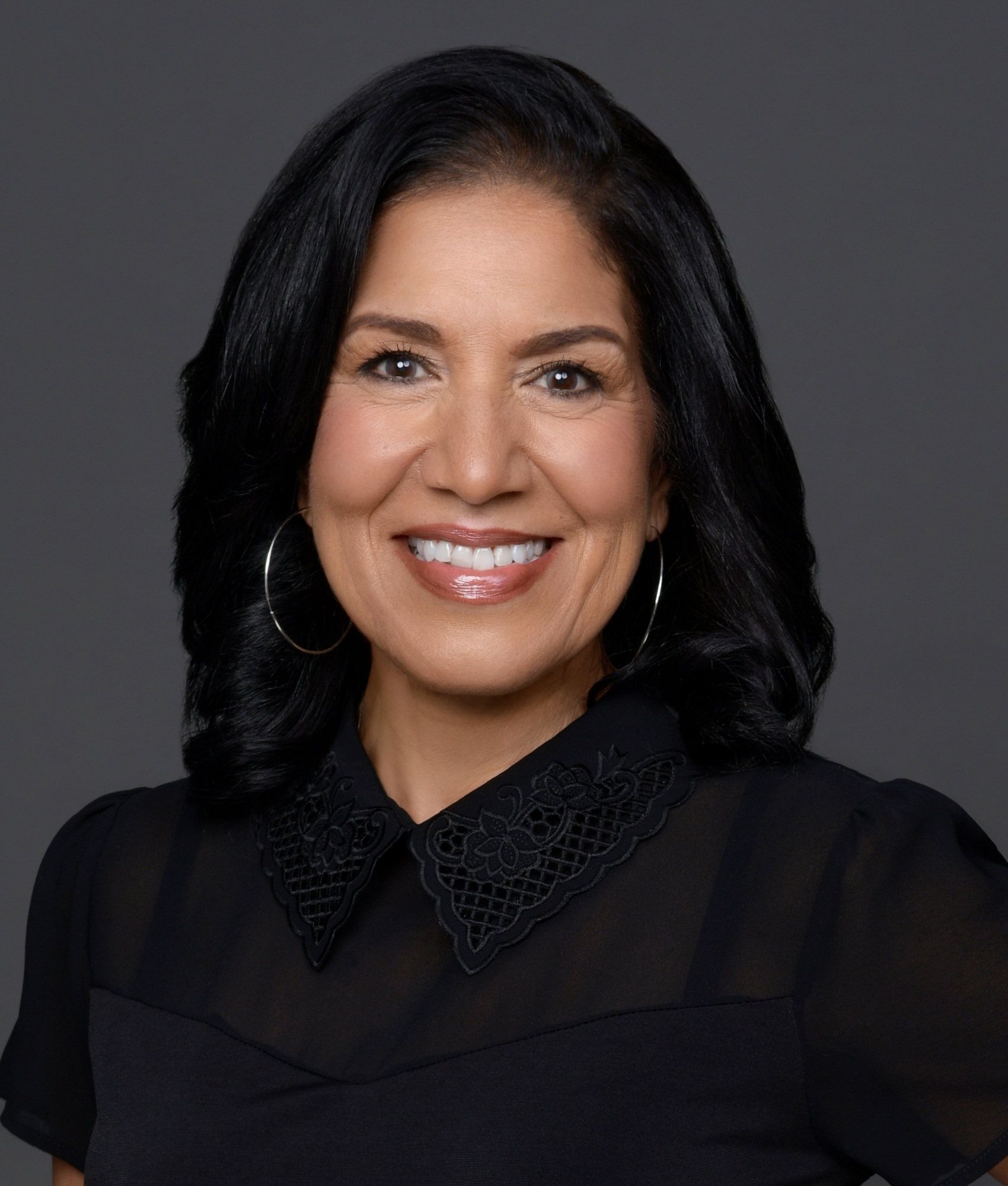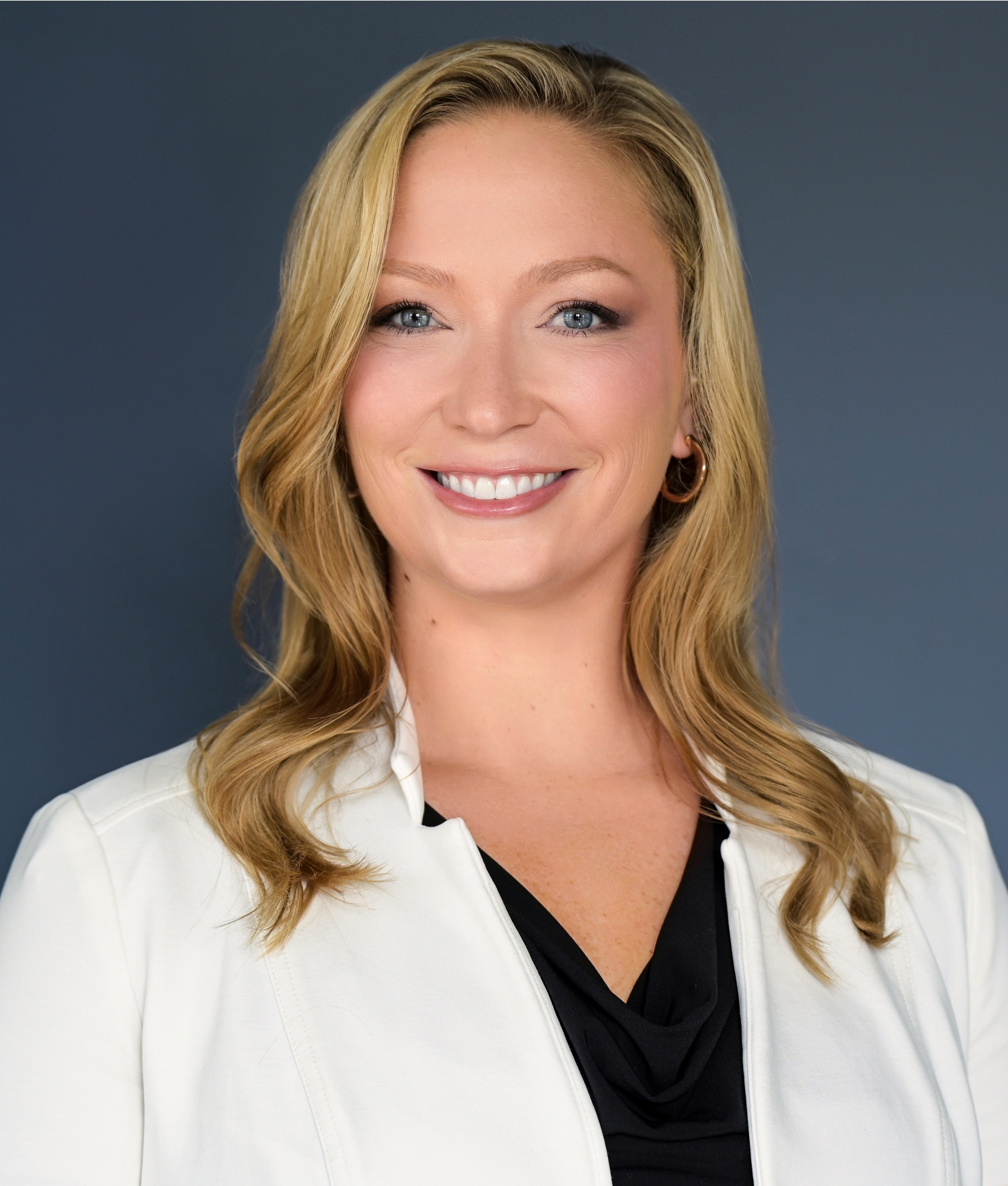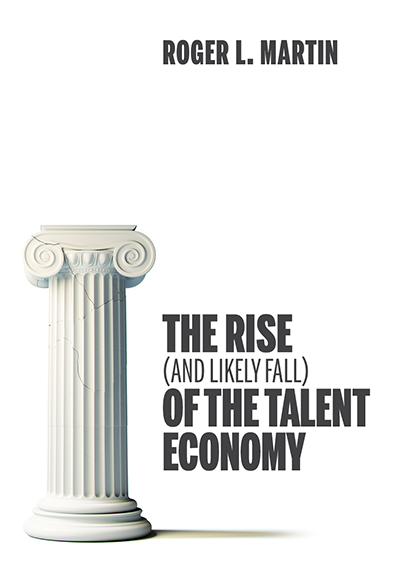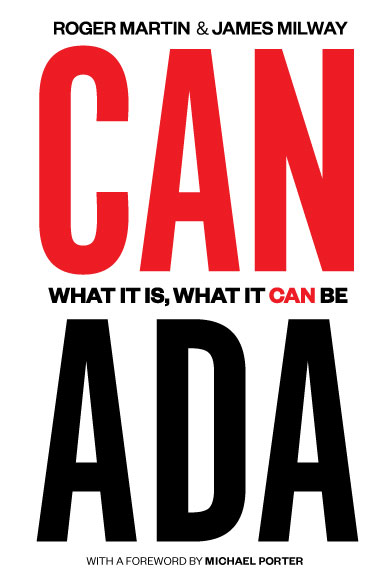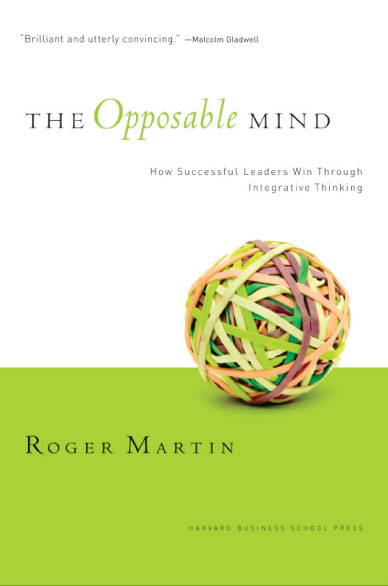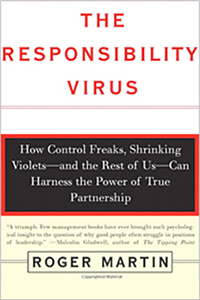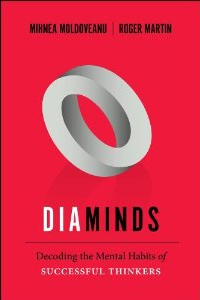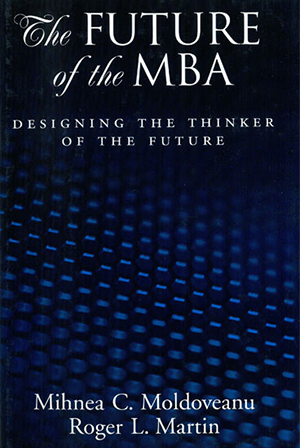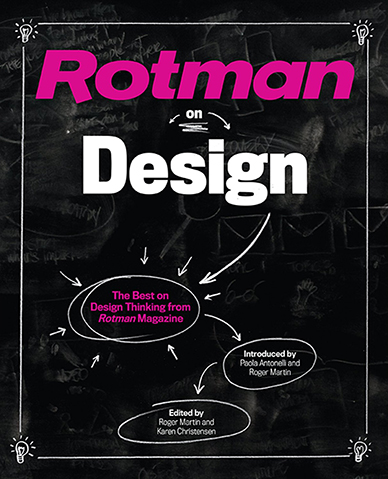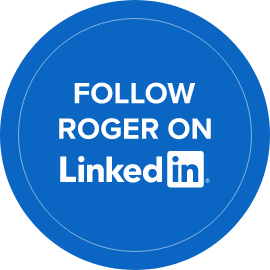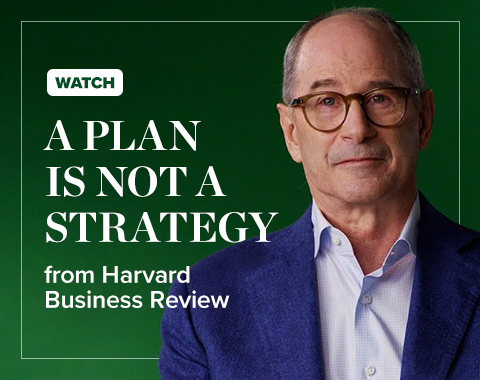In this compelling book, strategy guru Roger L. Martin and Skoll Foundation President and CEO Sally R. Osberg describe how social entrepreneurs target systems that exist in a stable but unjust equilibrium and transform them into entirely new, superior, and sustainable equilibria. All of these leaders—call them disrupters, visionaries, or changemakers—develop, build, and scale their solutions in ways that bring about the truly revolutionary change that makes the world a fairer and better place.
The book begins with a probing and useful theory of social entrepreneurship, moving through history to illuminate what it is, how it works, and the nature of its role in modern society. The authors then set out a framework for understanding how successful social entrepreneurs actually go about producing transformative change. There are four key stages: understanding the world; envisioning a new future; building a model for change; and scaling the solution. With both depth and nuance, Martin and Osberg offer rich examples and personal stories and share lessons and tools invaluable to anyone who aspires to drive positive change, whatever the context.
Getting Beyond Better sets forth a bold new framework, demonstrating how and why meaningful change actually happens in the world and providing concrete lessons and a practical model for businesses, policymakers, civil society organizations, and individuals who seek to transform our world for good.
FORMAT: Hardcover
PUBLISHER: Harvard Business Press
PUBLISH DATE: 10/06/2015
Course Syllabus
We decided to create a post-secondary course syllabus to offer structure for how might go about using Getting Beyond Better as the backbone textbook to course that looks “under the hood” of social entrepreneurship. We wanted to make explicit the underlying theories of social entrepreneurship and the thinking that Social Entrepreneurs embody. The course weaves together themes of wicked problems and mindsets, coupled with the thinking tools of design thinking, integrative thinking and systems thinking. This course is intended to highlight who Social Entrepreneurs are and how they think.
The course is divided into two parts. The first examines the context in which Social Entrepreneurs work. The second looks at how they do what they do. The course ends with an exploration of social impact measurement.
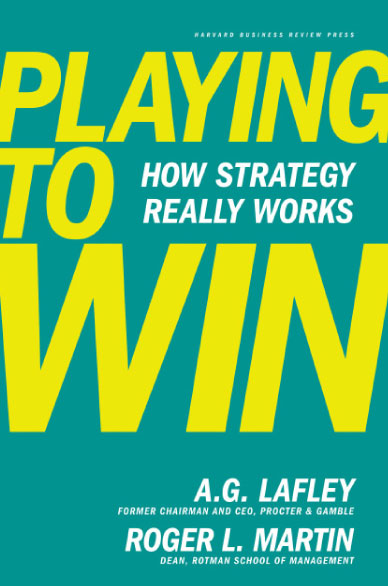 Buy the book
Book roger to speak
Buy the book
Book roger to speak
